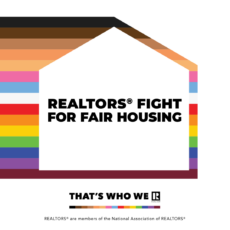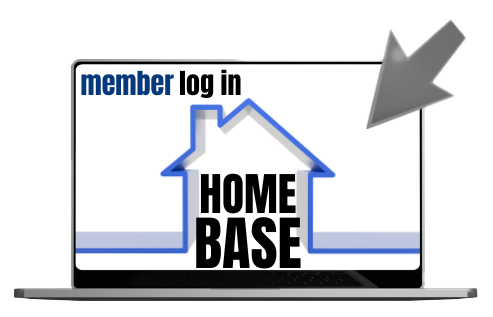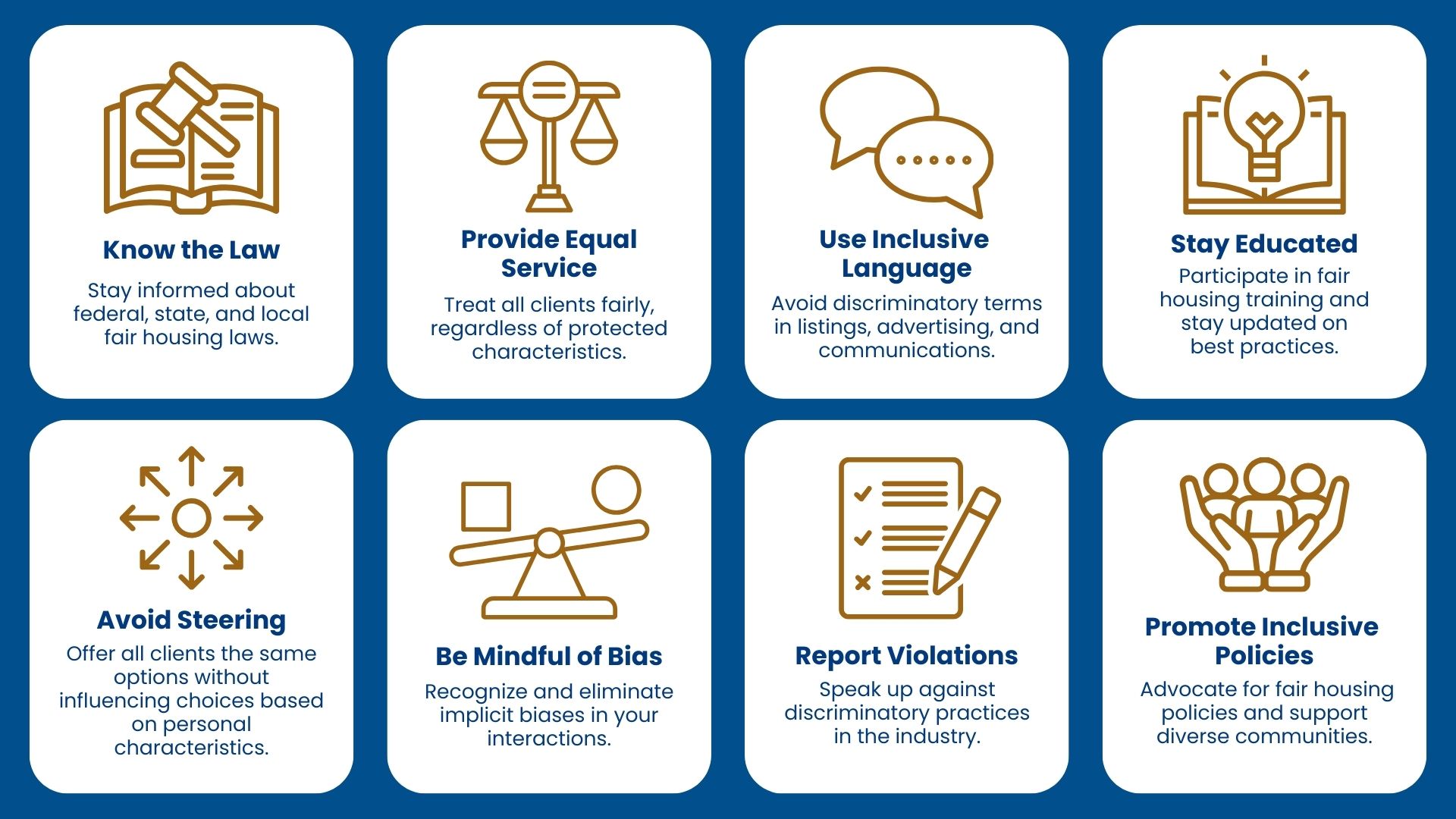The sale and purchase of a home is one of the most significant events that any person will experience in his or her lifetime. It is more than housing, it encompasses the hopes, dreams, aspirations, and economic destiny of those involved.
As of January 1, 2025, REALTORS® are required to complete Fair Housing/Anti-Bias Training upon becoming a member, and every 3 years thereafter, coinciding with the Code of Ethics training timeline. Completion confirmations should be emailed to member@wisre.com or presented at check-in during Orientation.
This page is dedicated to resources and tools that help REALTOR® members and associations learn more about fair housing. Click here to download a pdf version.
Fair Housing Rights & Responsibilities for Housing Professionals Webinar
Join us on Wednesday, April 23rd for a virtual session that will overview of local, state, and federal protected classes, prohibited practices, and current trends, as well as MMFHC’s services. Attendees will gain a greater understanding of how fair housing applies to their daily practices, to help ensure everyone in our community has equal access to housing opportunities.
 Introduction to Fair Housing
Introduction to Fair Housing
Fair housing guarantees equal access to housing opportunities, protecting individuals from discrimination. It upholds ethical real estate practices and supports diverse, inclusive communities where all people can find suitable housing. By understanding and adhering to fair housing principles, real estate professionals help build trust, foster equity, and create a stronger, more vibrant housing market.

The Fair Housing Law
The Fair Housing Act declares a national policy of fair housing throughout the United States. The law makes illegal any discrimination in the sale, lease or rental of housing, or making housing otherwise unavailable. In Wisconsin, it is unlawful for a housing provider to discriminate against a current or prospective home buyer or tenant based on:
|
|
|
Fair Housing in Practice
 REALTORS® uphold fair housing standards by following federal, state, and local laws that prohibit housing discrimination. They are committed to providing equal service to all clients, regardless of protected characteristics such as race, color, national origin, religion, sex, disability, or familial status. Through continuous education and ethical practices, they help ensure fair access to housing opportunities.
REALTORS® uphold fair housing standards by following federal, state, and local laws that prohibit housing discrimination. They are committed to providing equal service to all clients, regardless of protected characteristics such as race, color, national origin, religion, sex, disability, or familial status. Through continuous education and ethical practices, they help ensure fair access to housing opportunities.
Additionally, REALTORS® advocate for policies that support inclusive communities and work to prevent discrimination in the industry. By adhering to the National Association of REALTORS® Code of Ethics, they reinforce their dedication to fair and equitable housing for everyone.
Eight Simple Ways to Uphold Fair Housing Standards
 Accessibility and Accommodation
Accessibility and Accommodation
Fair housing laws require housing providers to make reasonable accommodations and modifications for individuals with disabilities. Accommodations include policy adjustments, such as allowing service animals in no-pet housing, while modifications involve physical changes, like installing ramps or grab bars. These adjustments ensure equal access to housing without imposing undue burdens on providers.
Fair Housing Resources:
National Resources:
State Resources: |
U.S. Department of Housing & Urban Development Resources: |
Other Local Organizations & Down Payment Assistance Resources:
Training Information & Course Options:
- Fairhaven: A Fair Housing Simulation – No Cost, Online Course.
- At Home with Diversity – Available in an instructor led, classroom setting.
- Bias Override: Overcoming Barriers to Fair Housing – Available in an instructor led, classroom setting.
- REALTORS® Commitment to Excellence (C2EX).
If You Suspect Discrimination
Call the Local Association of REALTORS®: Local Associations of REALTORS® will accept complaints alleging violations of the Code of Ethics filed by a home seeker who alleges discriminatory treatment in the availability, purchase or rental of housing. Local Associations of REALTORS® have a responsibility to enforce the Code of Ethics through professional standards procedures and corrective action in cases where a violation of the Code of Ethics is proven to have occurred.
Call the U.S. Department of Housing and Urban Development: Complaints alleging discrimination in housing may be filed with the nearest office of the United States Department of Housing and Urban Development (HUD) or by by contacting them at http://www.hud.gov.
Contact and Support
Contact us at rascw@wisre.com, via phone at 608.240.2800, or Contact Us






